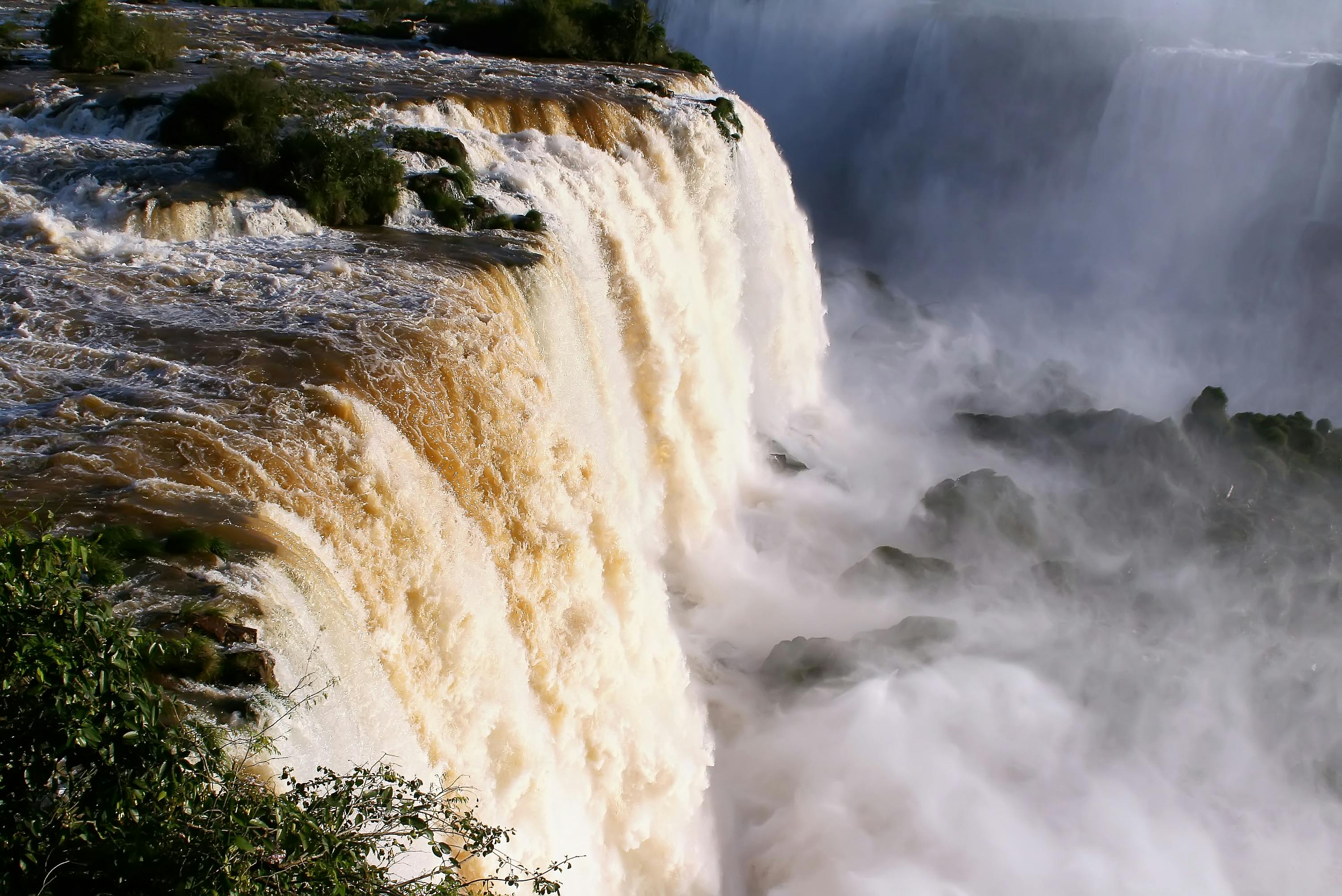Having a CPAP machine is essential for those who suffer from sleep apnea. However, using distilled water in the CPAP machine is critical as it helps to prevent bacteria and mineral buildup in the device. If you find yourself in a situation where you don’t have access to distilled water for your CPAP machine, there are still steps you can take to ensure your device is safe and functioning properly. In this article, we’ll discuss what to do if no distilled water is available for your CPAP machine.Using distilled water for CPAP machines is the most common choice, as it is free of minerals and other particles that can build up in the machine over time. However, if you are looking for an alternative to distilled water, there are a few options available. You can use bottled or filtered water, which has been purified and has had some of the minerals removed. You can also use a CPAP-specific water solution, which contains ingredients designed to keep the machine clean and running smoothly. Whatever option you choose, be sure to read the instructions for your specific CPAP machine to make sure it is compatible with the water type you are using.
Can Tap Water be Used in a CPAP Machine?
Tap water can be used in a CPAP machine, but it is not recommended for long-term use. CPAP machines use humidifiers to help ease the dryness of the air that is delivered to the user. Tap water can contain minerals, bacteria, and other contaminants that can cause harm to the user and damage the internal components of the machine. It is best to use distilled or filtered water in your CPAP machine.
Using tap water in a CPAP machine can cause buildup of minerals such as calcium and magnesium on the internal components of the machine. This buildup can lead to clogs and reduce machine performance over time. Bacteria found in tap water can also cause build up and create health risks for users who are breathing in air with bacteria or mold present.
In addition, using tap water with a heated humidifier may cause boiling of the water which increases health risks for users. Boiling of tap water releases vapors that contain volatile organic compounds (VOCs) which are dangerous when inhaled over time.
For these reasons, it is best to avoid using tap water in
Keeping Your CPAP Machine Clean Without Distilled Water
Maintaining the cleanliness of your CPAP machine is essential for both your health and the longevity of the device. It is recommended to use distilled water in your CPAP machine, but this isn’t always accessible or available. Fortunately, there are a few ways to keep your CPAP clean without distilled water.
One way to keep your CPAP clean without distilled water is to use a vinegar solution. Vinegar is a natural disinfectant and can be used as an alternative to a commercial cleaning solution. Simply mix one part white vinegar with four parts warm water and use this mixture to wipe down the exterior of your CPAP machine. Additionally, you can use this mixture to clean the mask and tubing by soaking them in it for about 30 minutes and then rinsing them off with plain water.
Another option is to purchase a pre-mixed cleaning solution designed for CPAP machines. These solutions are specifically designed for cleaning without distilled water, so you won’t have to worry about damaging any components of your device. Just make sure that
How to Disinfect a CPAP Without Distilled Water
Cleanliness is essential for a CPAP machine, and disinfecting it regularly with distilled water is the best way to ensure it. However, if you don’t have access to distilled water, there are other ways of disinfecting your CPAP machine. Here are some tips on how to disinfect a CPAP without distilled water:
1. Clean the exterior of the machine using a damp cloth or cotton swab. Make sure to remove any dirt or dust from the surface of the machine. This will help reduce the risk of infection.
2. After cleaning the exterior, use an alcohol-based solution such as rubbing alcohol or isopropyl alcohol to disinfect the surface of your machine. Make sure to apply an even layer of solution onto the surface and wipe with a soft cloth or cotton swab.
3. Sanitize all parts and components that come into contact with your face and nose using an antibacterial solution such as hydrogen peroxide or vinegar and water mixture. Make sure that all parts are completely covered with solution before wiping
The Benefits of Using Distilled Water in a CPAP Machine
Using distilled water in a CPAP machine can provide many benefits. Distilled water is free of minerals, salts, and other contaminants that are present in tap water. This can help to keep your CPAP machine running smoothly and reduce the risk of mineral buildup within the machine. Additionally, using distilled water can extend the life of your CPAP machine as it will not contain any harsh chemicals or materials that can damage or corrode the components.
When using distilled water in your CPAP machine, you should only use clean containers to store the water and make sure to replace it regularly. Using a new container each time will help to ensure that no bacteria or other contaminants are introduced into the CPAP machine. Additionally, when filling up the container with distilled water, make sure to only use cold or lukewarm water as boiling hot water can damage some parts of the CPAP machine.
Another benefit of using distilled water in a CPAP machine is that it helps to reduce noise levels when running. This is because there are no air bubbles present in distilled water which can cause

The Best Type of Water for a CPAP Machine
Using the correct type of water in your CPAP machine is essential for ensuring optimal performance and avoiding potential damage. The best type of water to use in a CPAP machine is distilled or purified water. Distilled water has been boiled and condensed to produce a clean, pure form of water that does not contain any minerals or other contaminants that can build up over time and cause problems. Purified water has also been processed to remove impurities, but it may contain some minerals that can be beneficial for the long-term health of the machine.
When selecting the right type of water for a CPAP machine, it is important to consider the environment in which it will be used. In areas where hard tap water is available, using distilled or purified water can help reduce the buildup of scale and other contaminants on the internal components of the machine. For people who live in areas with softer tap water, using filtered tap water may be sufficient for keeping their machines running smoothly.
It’s also important to remember that not all types of bottled waters are suitable for use in CPAP machines. Some bottled waters contain minerals or other contaminants
How to Clean and Maintain Your CPAP Machine Without Distilled Water
Cleaning and maintaining your CPAP machine is essential for good health, especially if you are using a humidifier. Humidifiers require regular maintenance to ensure that they are in good working order. However, many people do not have access to distilled water, which is necessary for cleaning the machine and the humidifier. Fortunately, there are some alternatives that can be used in place of distilled water to keep your CPAP machine clean and functioning properly.
One option is to use bottled water instead of distilled water. Although it may not be as pure as distilled water, it can still be used for cleaning. Make sure to rinse the bottle thoroughly before using it with your CPAP machine. You can also use filtered tap water or rainwater collected from a rain barrel, but remember to change the filter regularly.
In addition to using bottled or filtered water, you can also use natural cleaning products such as vinegar or baking soda. Vinegar is an effective disinfectant and deodorizer that can be used on both the mask and tubing of your CPAP machine. Baking soda
Is Filtered or Purified Water Safe to Use in a CPAP Machine?
Using filtered or purified water in a CPAP machine is safe and recommended by many manufacturers. CPAP machines require distilled water to help keep the device clean and prevent bacteria from building up inside the machine. Filtered or purified water has been treated to remove any impurities, such as chlorine, which can be damaging to the internal components of the machine. Additionally, filtered or purified water has fewer minerals than regular tap water which can reduce mineral deposits that may accumulate inside the CPAP machine over time.
It is important to note that not all filters or purifiers are created equal and it is recommended that you consult with your manufacturer before using any type of filtered or purified water in your CPAP machine. Some filters may not be able to remove all impurities from the water which can potentially damage your device. Additionally, some filters may cause a build-up of minerals over time which can also damage your device.
Using distilled water is still the preferred method for cleaning and maintaining your CPAP machine but using filtered or purified water is an acceptable alternative if distilled water is not readily available. Make

Conclusion
Using distilled water for CPAP is the best way to ensure that your machine is running effectively and efficiently. However, if distilled water is not available, you can use other sources of clean water to maintain your CPAP machine. Tap water should be filtered and/or boiled before using it for CPAP, while rainwater should be collected from a clean source and boiled before use. Ultimately, by following the instructions and advice of your doctor or CPAP manufacturer, you will be able to maintain your CPAP machine with whatever resources are available.
Although distilled water is the ideal option for CPAP users, it is not always necessary or even practical to obtain it. By taking necessary precautions and understanding all the potential risks associated with using non-distilled water sources, you can still ensure that your machine runs optimally regardless of whether or not distilled water is available.

